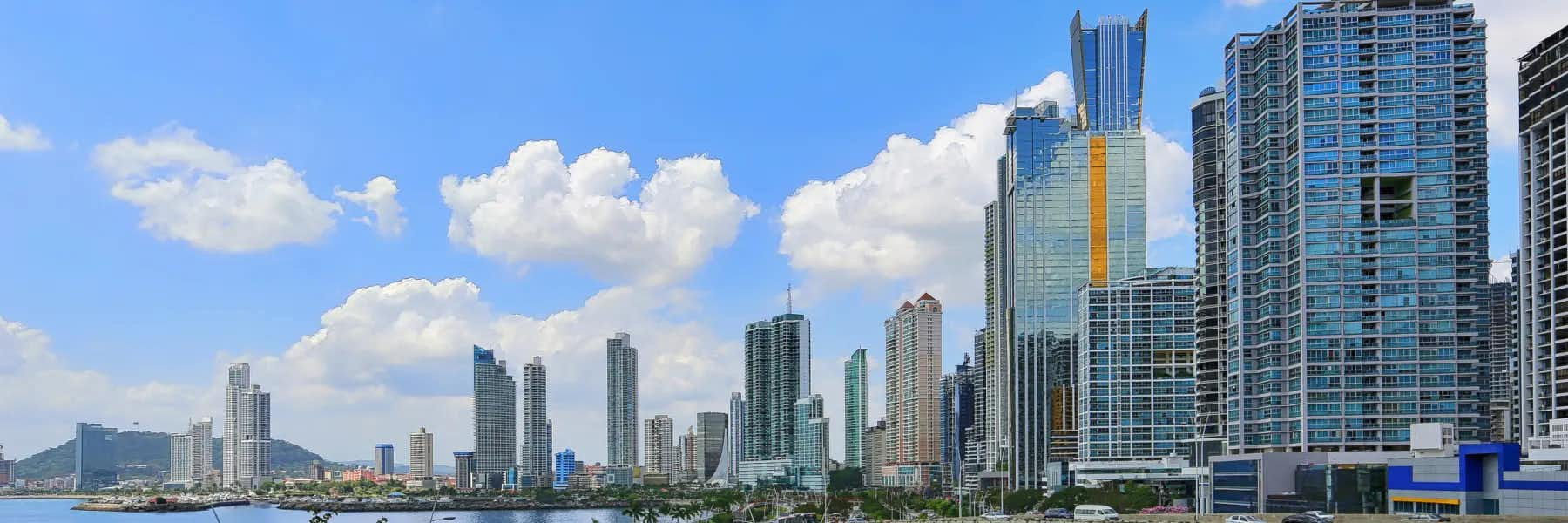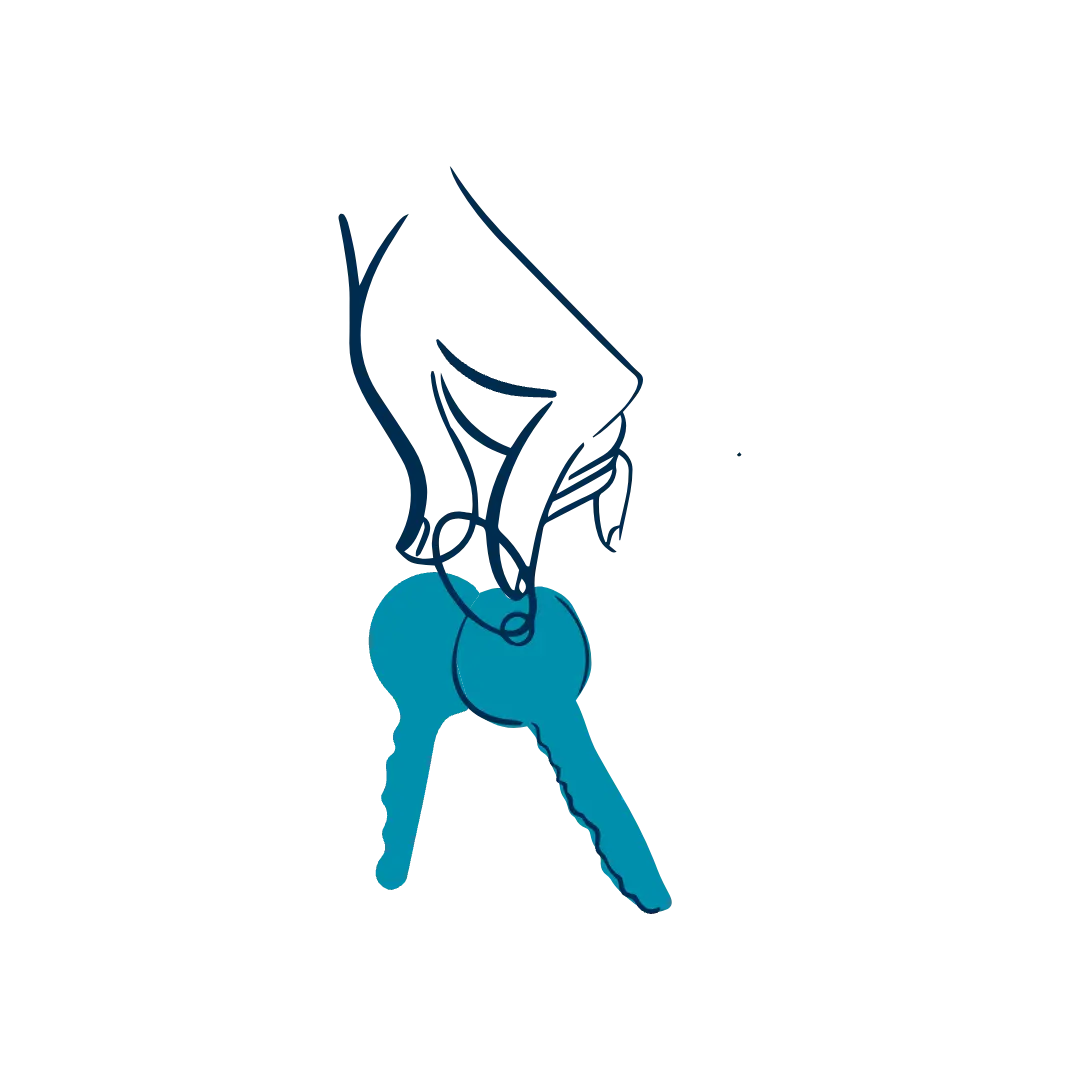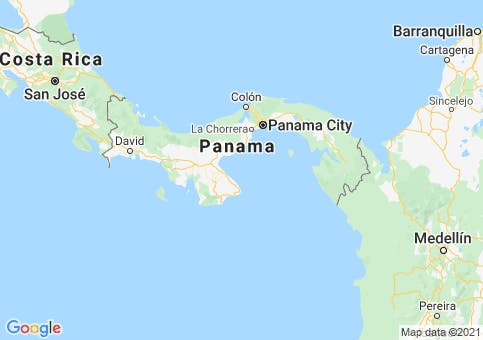At International Living, we always recommend that you rent before you buy. Before you plunk down money on a house or condo in a new place, stay awhile and see if suits your needs.
Happily, rental regulations are pretty straightforward in Panama. Your landlord and you, the tenant, have the right to negotiate whatever rental amount you like, and the landlord has the right to increase rent at any time. Upon renewing the contract, according to the law, the landlord cannot break the term of the contract (unless the contract contains a relevant clause providing for this—for example, an owner with a property on the market might ask you to agree that the term may be broken in the event the property sells). Generally, a tenant can break the lease at any time with a month’s notice.
So say you sign a one-year lease and six months into it you decide you want to move. All you need to do is notify your landlord, in writing, that you’ll be moving in a month. As long as the property is still in good condition, you’re entitled to your security deposit back. Note that in Panama the law is on the tenant’s side, so a landlord cannot immediately evict a paying tenant who has nowhere else to go. It generally takes at least 120 days to evict a tenant.
A few other tips:
Prospective landlords often ask for a letter of reference (this can be from a Panamanian friend, your bank, your lawyer, etc.).
You’ll typically be asked for one month’s rent as a deposit, and your landlord should register the contract and deposit the money with the Ministry of Housing, giving you a copy of the stamped documents.
If you’re planning on being a landlord here, keep in mind that eviction proceedings in Panama are time-consuming. The process can take about 120 days, including trial time. That said, it’s generally easy to find reputable renters via local references.
Keep in mind that Panama does not have a highly organized rental market. Listings are not all listed on a common website. You’ve heard, no doubt, of a U.S. seller giving a real estate agent an exclusive listing. Well, that’s how it works here in Panama most of the time. A seller will give his or her listing to a select agent or group of agents. It’s OK for prospective buyers to meet with multiple real estate agents…no need to stick to one.
Only contracts in Spanish are legal. Don’t send a deposit without seeing the property or getting a contract in hand that has been vetted by your attorney (not the landlord’s attorney).
Before you decide, make sure you have asked all the important questions. Ask what is included in the rental and what isn’t. Many (but not all) rentals come with water and gas service included in the rental price. Some repairs might be your responsibility, and some may be the landlords. Ask about the location—how safe is it, what are the neighbors like, etc.? In fact, ask all the same questions and make all the same observations you would back home.
Get Your Free Panama Report Today!
Get Your Free Panama Report Today!
Learn more about a healthier outdoor life in Panama in our daily postcard e-letter.
Simply enter your email address below and we'll send you a FREE REPORT -- Panama: Easy, First-World Living and the World’s Best Retiree Program.

By submitting your email address, you will receive a free subscription to IL Postcards, Overseas Dream Home, The Untourist Daily and special offers from International Living and our affiliates. You can unsubscribe at any time, and we encourage you to read more about our Privacy Policy.















